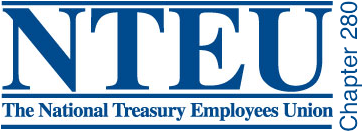A whopping 95 percent of Americans believe federal employees should be hired and promoted based on their individual merit and skill rather than their political beliefs, according to a new survey released by the Partnership for Public Service.
The overwhelming response is a strong rebuttal to those who want to remove career federal employees and make room for hiring only a president’s political allies.
While the survey also shows a concerning drop in overall public trust of the federal government, the desire for the civil service to remain independent is powerful and bipartisan. Regardless of political affiliation, 91 percent of Americans agree that “having competent civil servants is important for a strong American democracy” and 87 percent say a nonpartisan civil service is important to democracy.
The survey got into even more detail, with 90 percent agreeing that civil servants should serve the people more than any individual president, and 86 percent agreeing that they should continue to serve the U.S. Constitution more than any individual president. However, the results show that the lies and damaging rhetoric about federal employees are having some effect with some doubting that today’s federal workforce is truly nonpartisan and can be trusted to serve leaders of both political parties. That can be countered with facts.
“Indeed, our survey shows that a majority of Americans report more favorable views of civil servants when told that they are responsible for some of our country’s greatest achievements, serve as experts in their field who keep us safe, and work in roles that directly provide essential services to the public rather than as elected officials or political appointees,” the report states.
Among the report’s recommendations is that policymakers find more ways to strengthen the guardrails to protect the civil service and “prevent partisan abuse of civil service rules and a return to the failures and corruption of the spoils system of the 1800s.” Learn more about NTEU’s work to protect federal employees.
